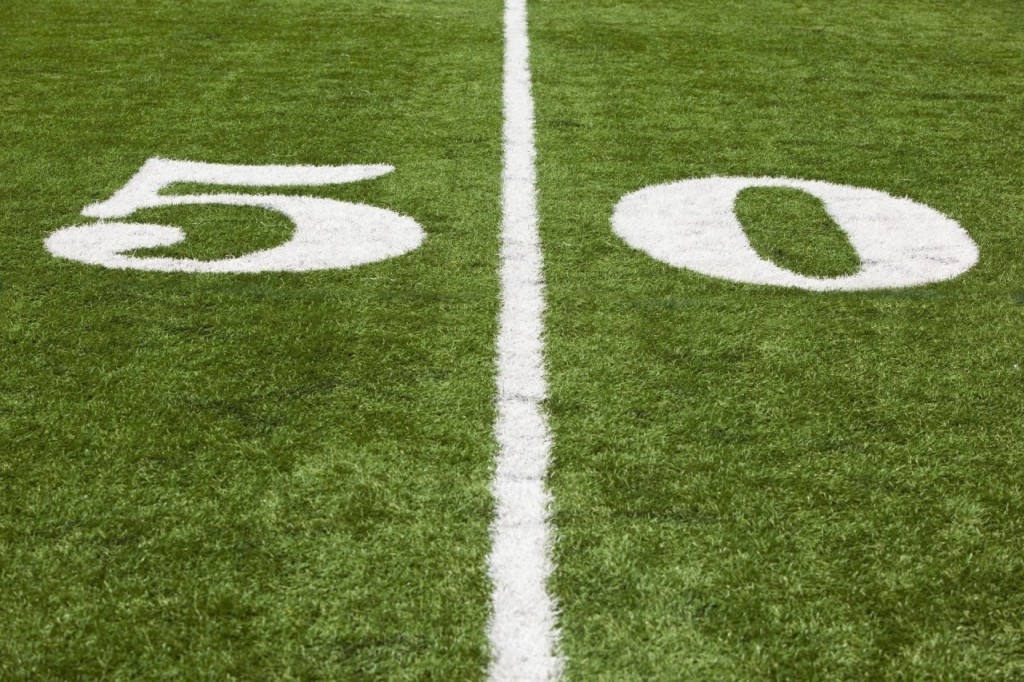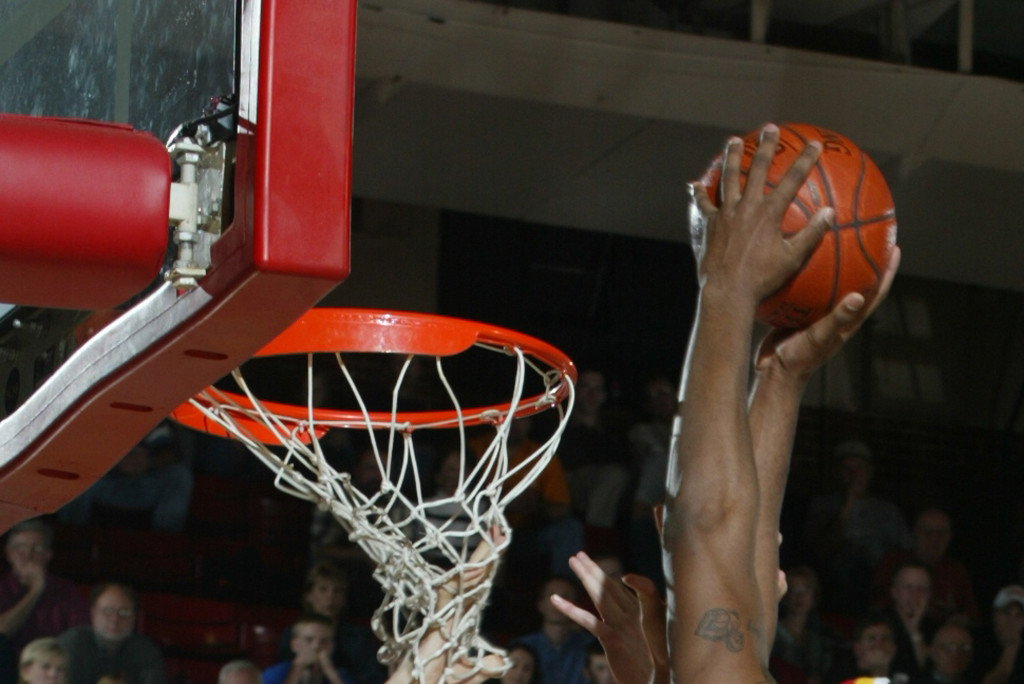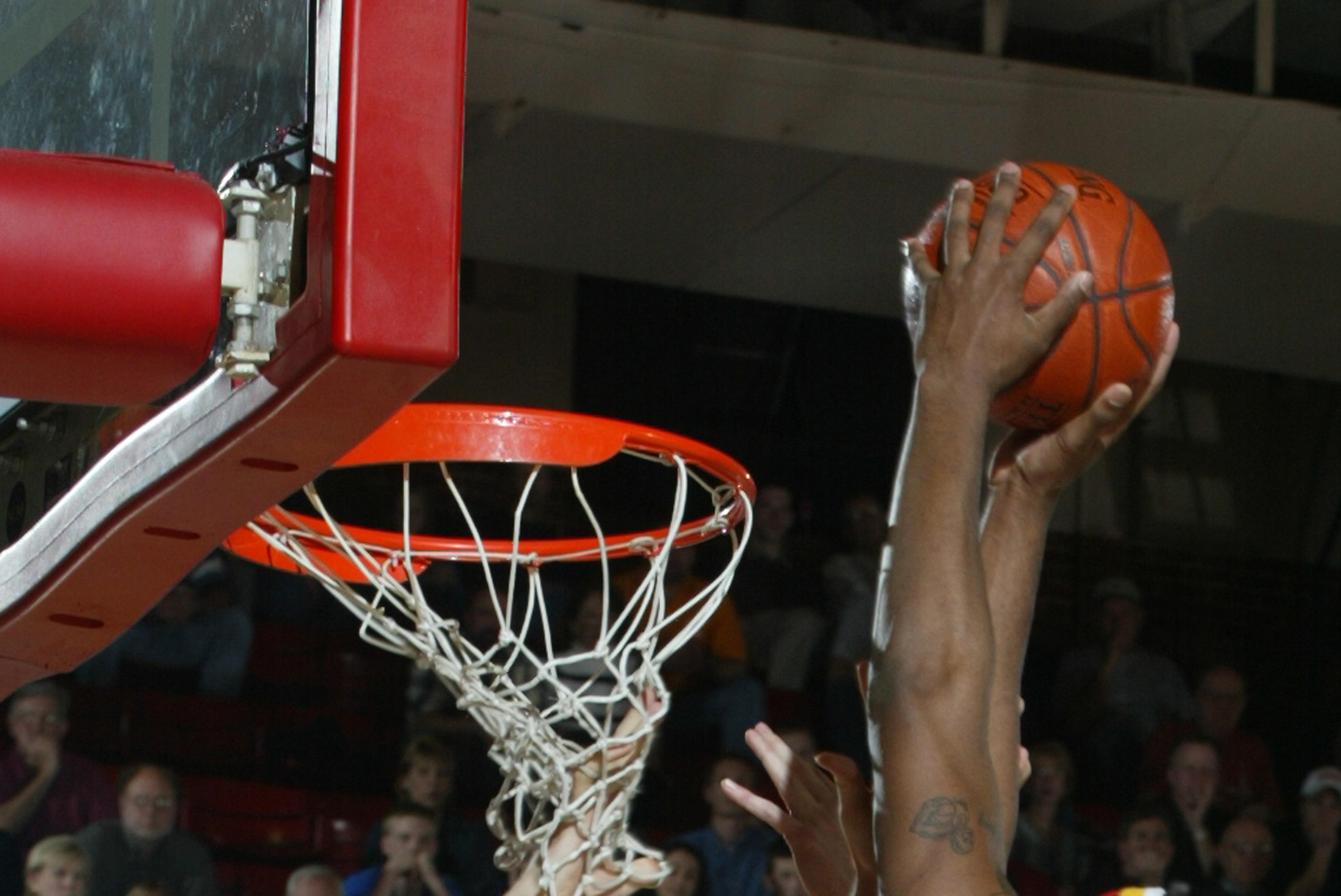How Will the NCAA Punish Miami?

August 19, 2011
Share
This week’s sports bombshell comes at the hands of Yahoo! Sports reporter Charles Robinson, who’s published a damning investigation into illegal benefits given to University of Miami athletes by former booster Nevin Shapiro. Shapiro, who is currently in jail for his involvement in a $930 million Ponzi scheme, came forward with his story about a year ago. The piece is well worth a close read.
While it’s clear that Shapiro’s actions — which include providing athletes with “cash, prostitutes, entertainment in his multimillion-dollar homes and yacht, paid trips to high-end restaurants and nightclubs, jewelry, bounties for on-field play (including bounties for injuring opposing players), travel and, on one occasion, an abortion” — were wildly illegal according to the NCAA rulebook, one Sports Illustrated writer offers an interesting argument about amateurism and the league’s next steps in the matter.
Michael Rosenberg suggests the NCAA won’t hand down the “death penalty” — temporarily shutting down Miami’s football program — in part because it makes them too much money. His theory:
The NCAA can’t reach too far to enforce its rules, because then the whole system could collapse. Shutting down the Miami program would severely weaken the Atlantic Coast Conference, one of the six power conferences that control the Bowl Championship Series. The ACC needs its best programs to compete and, just as crucially, appear on television. Networks don’t pay rights fees to show the death penalty. To sum up: The NCAA is upset that Miami players took whatever cash they could grab, but the NCAA won’t punish Miami too severely because its member schools want whatever cash they can grab.
Of course, we’re just at the beginning stages of what’s bound to be a messy few weeks. But with the NCAA raking in huge sums of money with its larger sports programs, its decision on Miami could signal the league’s direction amidst recent calls for reform, particularly on the issue of compensating athletes.
Related Documentaries
Latest Documentaries
Related Stories
Related Stories
Explore
Policies
Teacher Center
Funding for FRONTLINE is provided through the support of PBS viewers and by the Corporation for Public Broadcasting, with major support from Ford Foundation. Additional funding is provided the Abrams Foundation, Park Foundation, John D. and Catherine T. MacArthur Foundation, Heising-Simons Foundation, and the FRONTLINE Trust, with major support from Jon and Jo Ann Hagler on behalf of the Jon L. Hagler Foundation, and additional support from Koo and Patricia Yuen. FRONTLINE is a registered trademark of WGBH Educational Foundation. Web Site Copyright ©1995-2025 WGBH Educational Foundation. PBS is a 501(c)(3) not-for-profit organization.





















